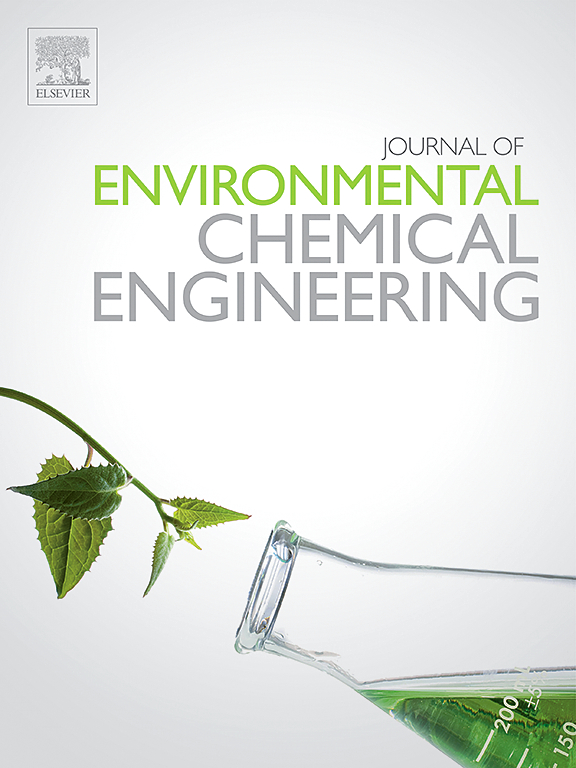Recovery of high-value metals from the cathode of spent lithium-ion batteries via acid leaching: A review
IF 7.4
2区 工程技术
Q1 ENGINEERING, CHEMICAL
引用次数: 0
Abstract
Lithium-ion battery (LIB) technology must continue to advance to achieve greenhouse gas emission reduction goals. As the demand has grown, the quantity of used LIBs has significantly increased, creating opportunities for battery recycling industries to supply critical metals. Currently, only about 2 million tons of spent LIBs are recycled globally each year. Therefore, a fundamental shift in recycling processes to handle diverse battery chemistries is required to transform the current state of recycling. Acid-based hydrometallurgical processes are the most commonly used and promising techniques for recovering precious metals from spent LIBs. However, developing a sustainable and effective approach for the complete recovery of these resources from the multi-component leachate of LIBs after acid leaching is still challenging. This review paper systematically summarizes the present strategies for recovering high-valued metals from acid-leached liquors of spent LIBs. Taking the current status of the processes, the review also further suggests directions for their better development and future applications. The integration of different metal separation methods can simplify operations, improve the recovery of valuable resources, and boost the scale-up development. Overall, this review provides a systematic overview of acid leaching and metal recovery processes from spent LIBs, with the aim of advancing the greening and sustainability of acid-based hydrometallurgical processes.
求助全文
约1分钟内获得全文
求助全文
来源期刊

Journal of Environmental Chemical Engineering
Environmental Science-Pollution
CiteScore
11.40
自引率
6.50%
发文量
2017
审稿时长
27 days
期刊介绍:
The Journal of Environmental Chemical Engineering (JECE) serves as a platform for the dissemination of original and innovative research focusing on the advancement of environmentally-friendly, sustainable technologies. JECE emphasizes the transition towards a carbon-neutral circular economy and a self-sufficient bio-based economy. Topics covered include soil, water, wastewater, and air decontamination; pollution monitoring, prevention, and control; advanced analytics, sensors, impact and risk assessment methodologies in environmental chemical engineering; resource recovery (water, nutrients, materials, energy); industrial ecology; valorization of waste streams; waste management (including e-waste); climate-water-energy-food nexus; novel materials for environmental, chemical, and energy applications; sustainability and environmental safety; water digitalization, water data science, and machine learning; process integration and intensification; recent developments in green chemistry for synthesis, catalysis, and energy; and original research on contaminants of emerging concern, persistent chemicals, and priority substances, including microplastics, nanoplastics, nanomaterials, micropollutants, antimicrobial resistance genes, and emerging pathogens (viruses, bacteria, parasites) of environmental significance.
 求助内容:
求助内容: 应助结果提醒方式:
应助结果提醒方式:


